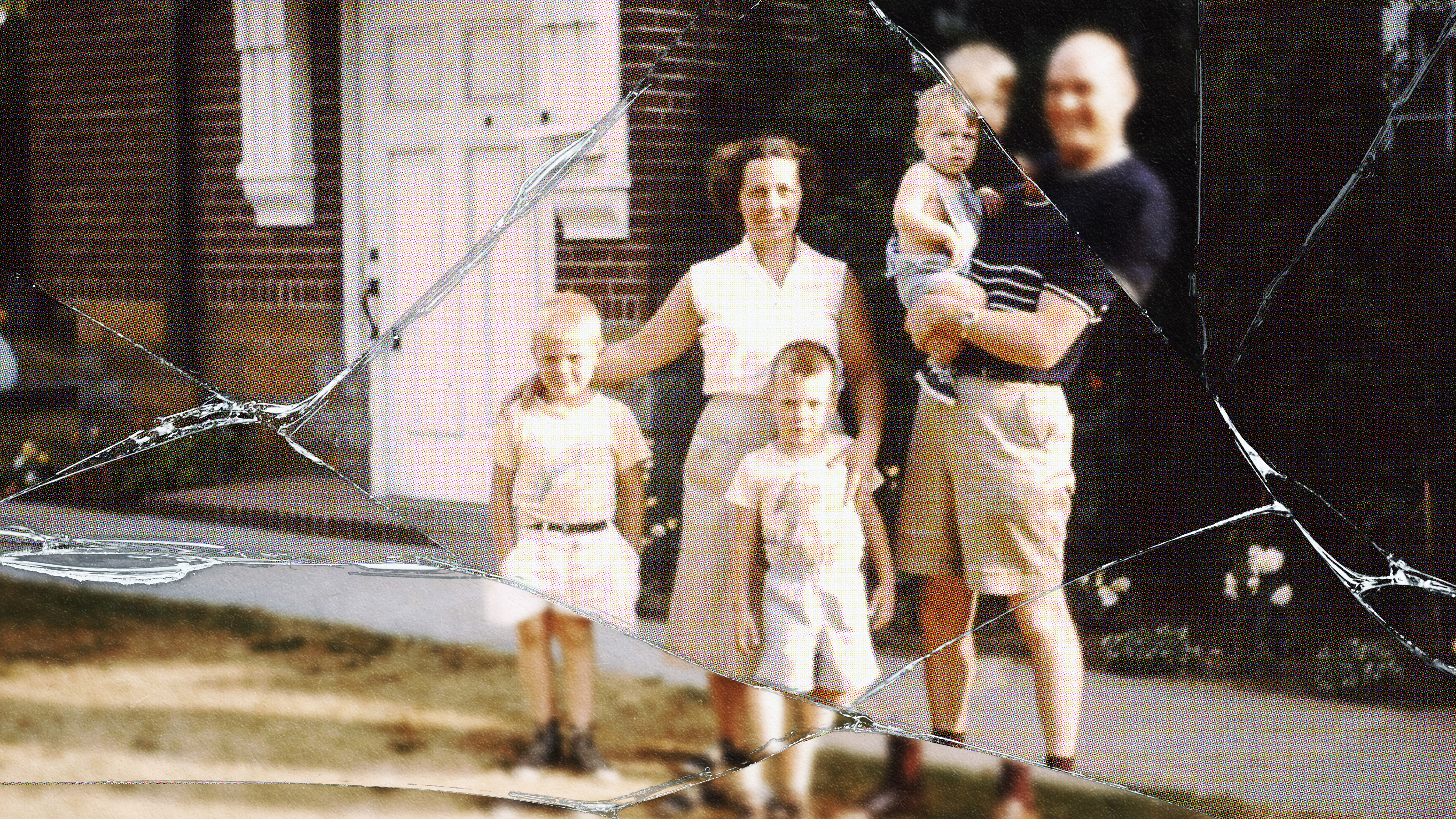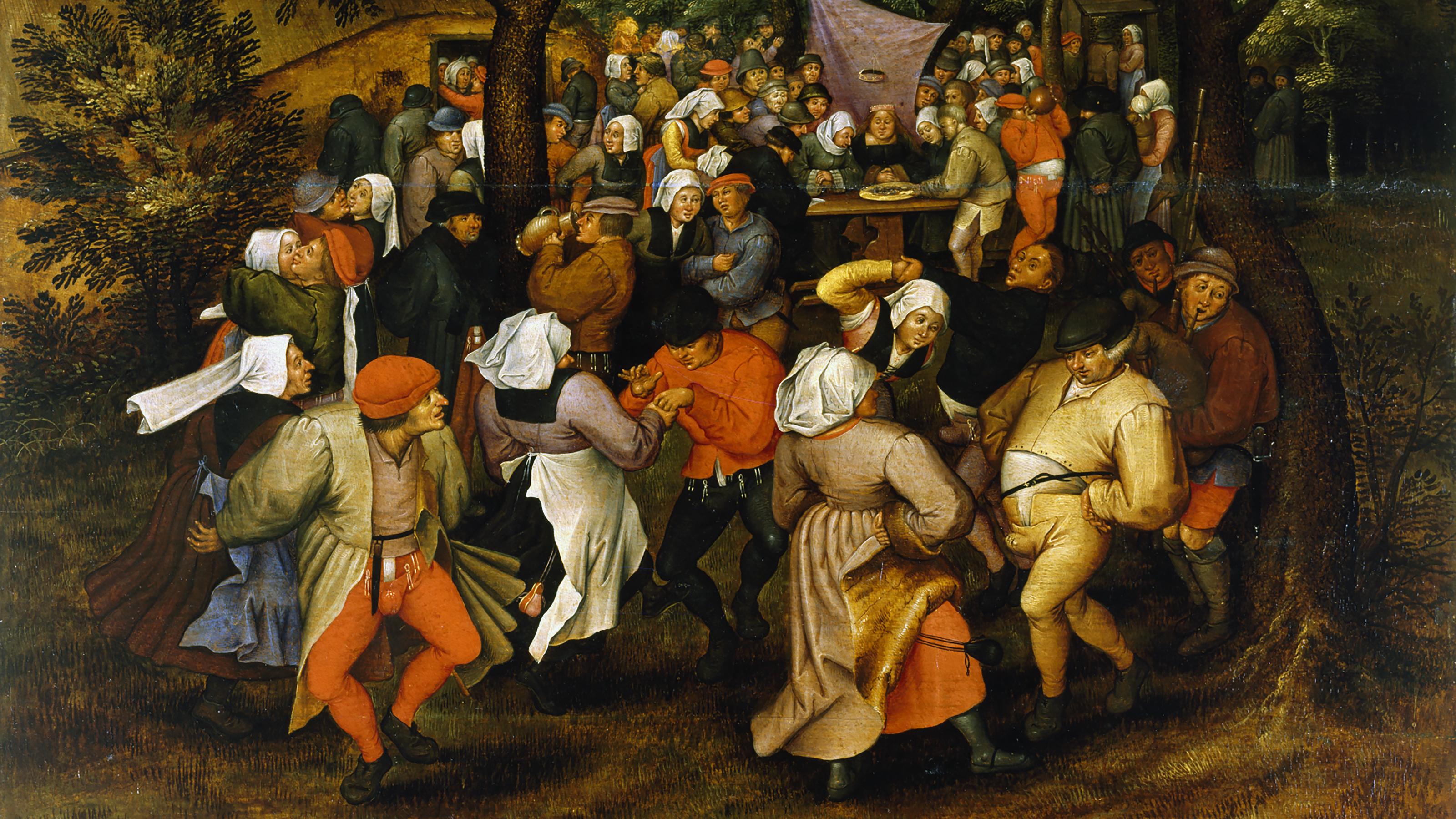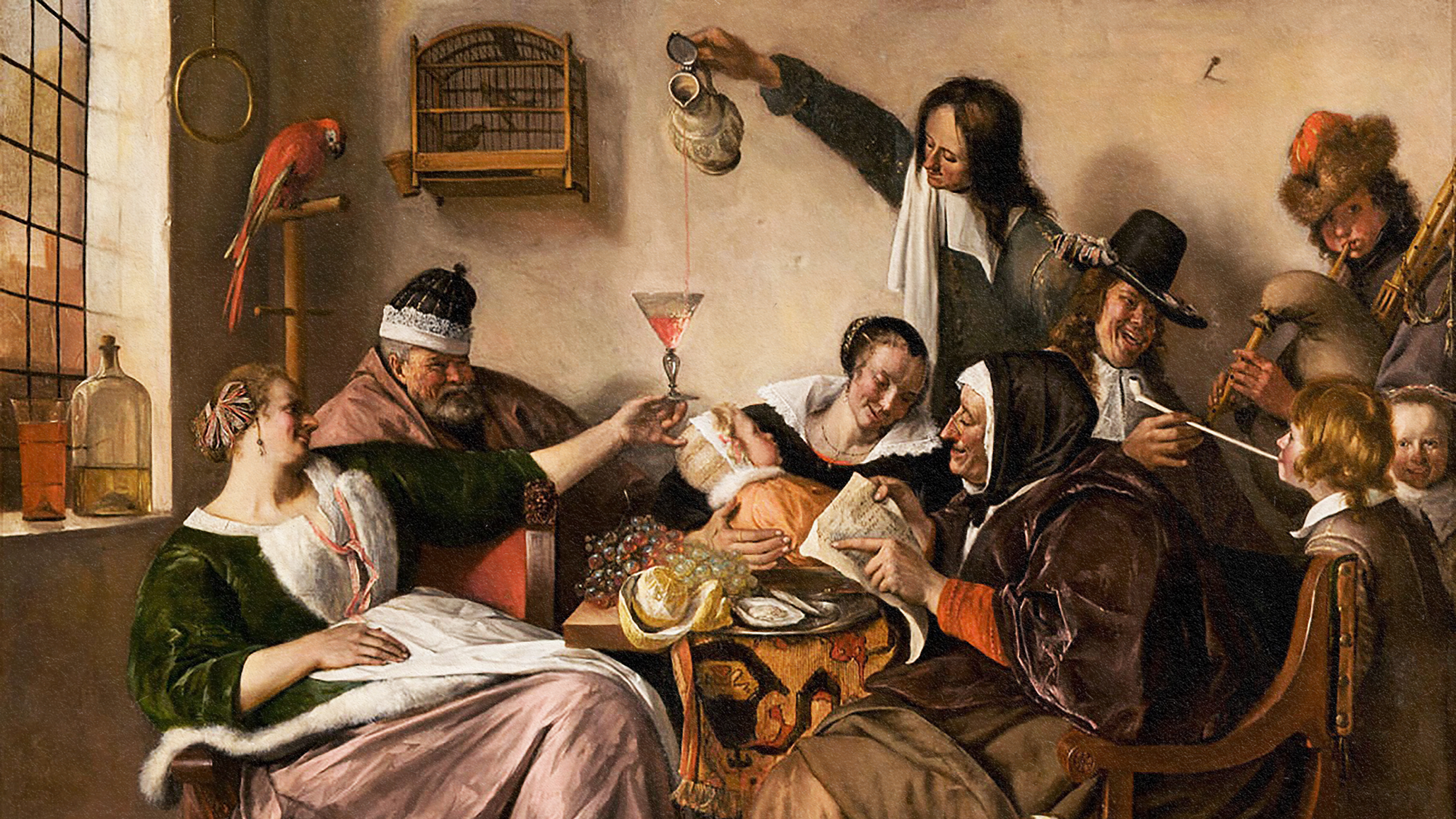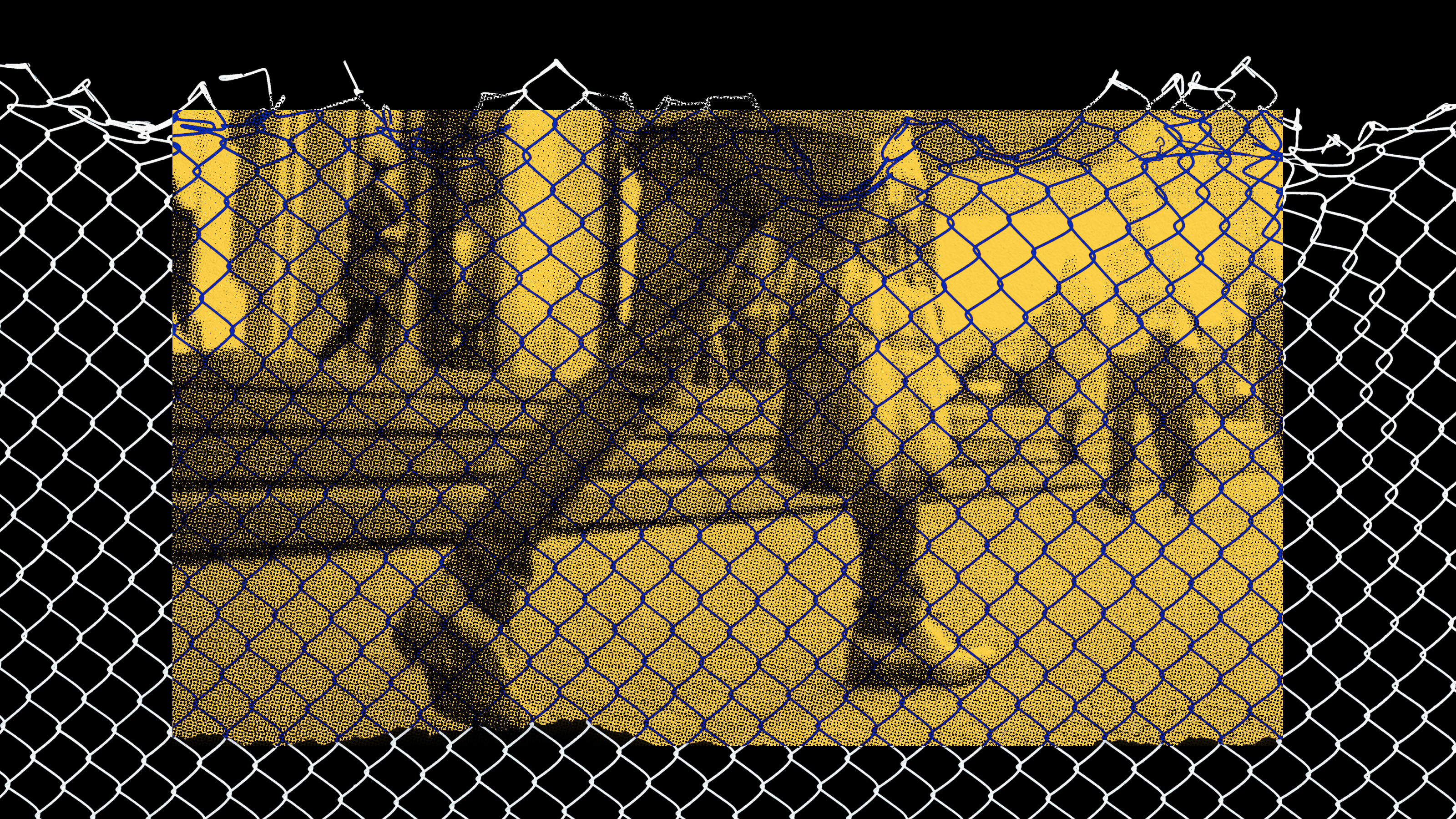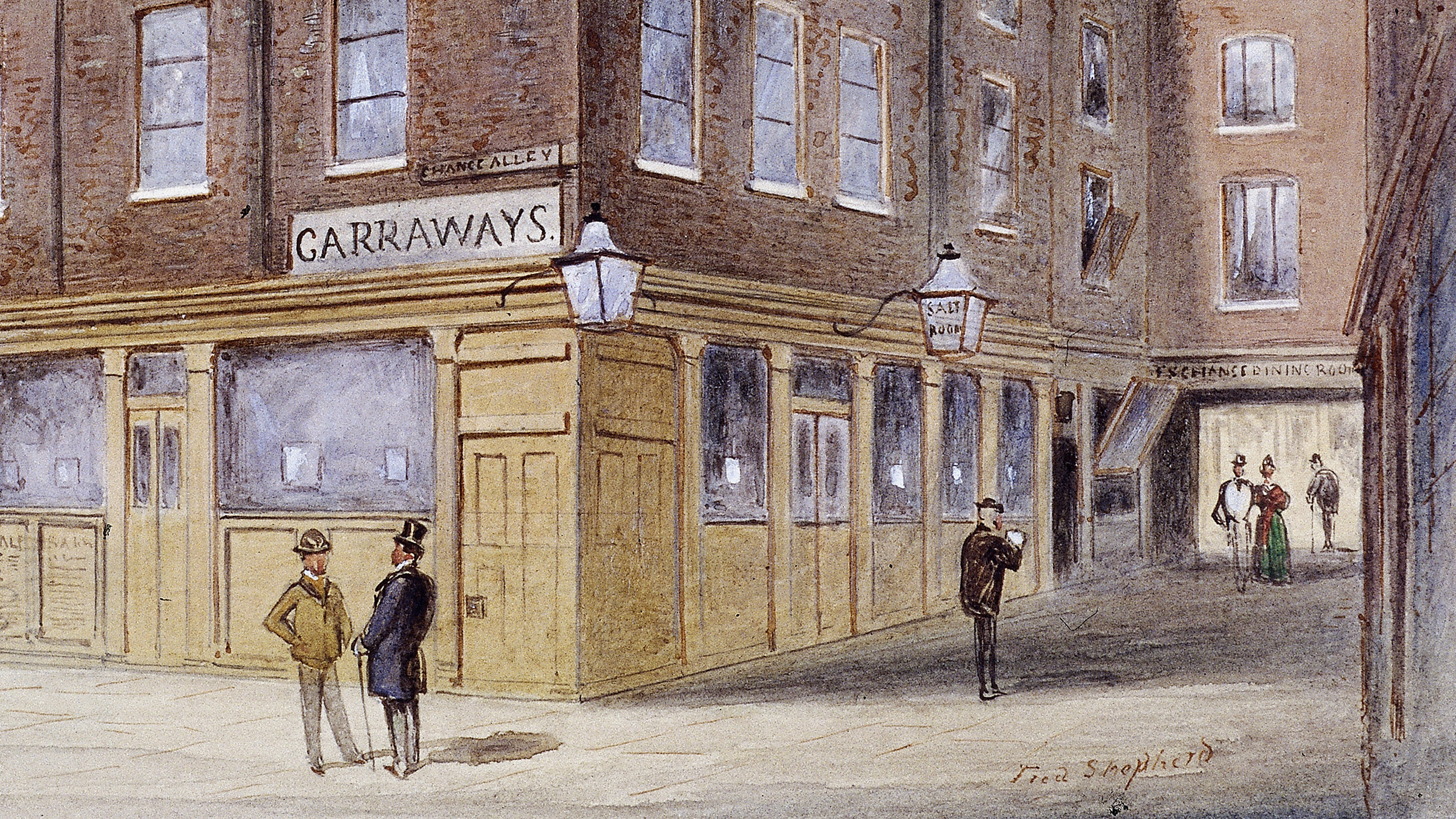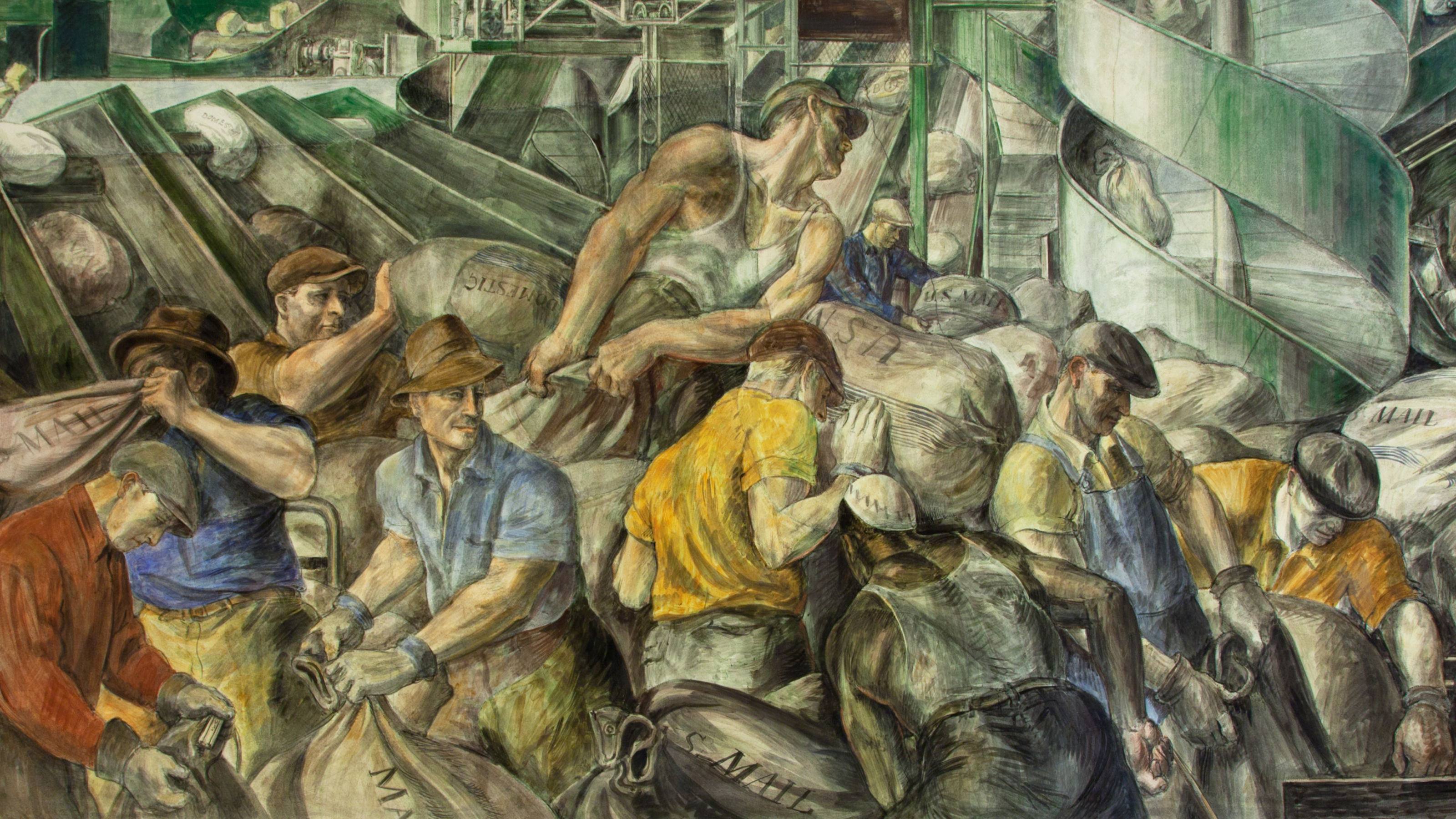sociology
Wherever automation rises, religiosity falls.
If you see life as only a source of suffering and misery, why bring anyone else into that? This belief, called anti-natalism, is on the rise.
“The more I unleash myself from the tethers of domestication, the happier I feel.”
Ideal models of family life have been broken by societal, technological, and cultural shifts — and we need to rethink our options.
Predictive power has perverse, anti-democratic consequences. So be a good citizen and lie to election pollsters.
Can targeted interventions save Americans?
Anger and silence are the two worst reactions.
Uncovering the ideology of “Karens” and “Kens.”
A primer on Judith Butler’s theory of gender and performativity.
Our state of extreme social interconnectedness has rapidly accelerated the rollercoaster pace at which societal confidence may collapse.
The carnival spirit was in full swing when the priests got wasted and made indecent gestures while dressed like pimps.
In numerous cultures worldwide, women were just as involved in bringing home the prehistoric bacon as their male counterparts.
Throughout history, hundreds — sometimes thousands — of people have been spontaneously compelled to dance until collapsing or dying from exhaustion. What explains this bizarre phenomenon?
The separation of pleasure from procreation may occur throughout the cosmos, providing an explanation for the Fermi Paradox.
Research suggests there’s truth to regional stereotypes in the U.S. — with some caveats.
The outrage machine is fueled by toxicity. But there are practical steps that we can take to recapture control over our emotions.
In the land of the double-blind, impartiality is king.
Over the past two decades, the proportion of those who identify as bisexual increased from 1.2% to 4.5%.
Since 2012, the amount of time that teenagers spend socializing in person has plummeted. Is it a coincidence that depression is more common?
Research suggests that employees with criminal records are far less likely to quit their jobs, perhaps due to a greater sense of loyalty.
The key to its success lies not in its understanding of technology, but in its understanding of human nature.
Centuries ago, the typical British coffeehouse was more like a “school without a master” than a place to grab a quick boost of caffeine.
“In witness whereof, the parties hereunto have set their hands to these presents as a deed on the day month and year hereinbefore mentioned.”
In an age of high quit rates, struggling low-wage employees, and tone-deaf leadership, the call for “good jobs” makes great sense.
If we took the values and principles of cooperation to the next level, we could effectively tackle many crises.
A philosophy of birth can offset the prevailing narrative around extinction and mortality.



